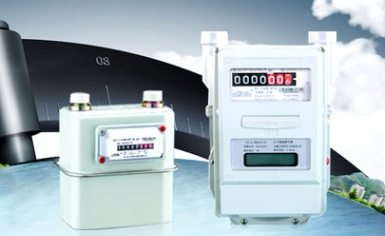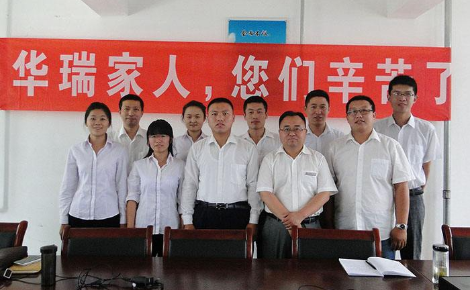
1个回答
Pressure Gauge

A pressure gauge is a device that measures the pressure of a fluid or gas in a closed system. It is an essential tool used in various industries, including manufacturing, oil and gas, chemical, and pharmaceutical. The pressure gauge provides valuable information about the state of the system and helps in maintaining its safety and efficiency.
The design of a pressure gauge may vary, but it usually consists of a dial, a pointer, and a Bourdon tube. The dial is a circular plate with markings to indicate the pressure level. The pointer rotates on the dial and points to the corresponding pressure reading. The Bourdon tube is a curved tube that expands or contracts based on the pressure applied to it. This movement is translated into the rotation of the pointer.
Pressure gauges are available in different types, depending on the application and the range of pressure they can measure. Some common types include the bourdon tube gauge, diaphragm gauge, and capsule gauge. The bourdon tube gauge is the most widely used and can measure pressures ranging from a few psi (pounds per square inch) to thousands of psi. Diaphragm gauges are suitable for measuring low-pressure levels, while capsule gauges are used for high-pressure applications.
The accuracy of a pressure gauge is an important factor to consider. It is essential to ensure that the gauge is calibrated and maintained regularly to provide accurate readings. Calibration involves comparing the gauge's reading with a known reference to determine any deviations. Regular maintenance includes cleaning the gauge, checking for any damage or wear, and replacing any faulty parts.
Pressure gauges are used in various applications, ranging from monitoring the pressure in a hydraulic system to measuring the pressure inside a boiler. In the manufacturing industry, pressure gauges are used to ensure the proper functioning of machines and equipment. They help in detecting any abnormalities or deviations in pressure, which can indicate a potential issue that needs to be addressed.
In the oil and gas industry, pressure gauges are used to monitor the pressure in pipelines, tanks, and wellheads. They help in maintaining the integrity of the system and preventing any leaks or ruptures. The pressure gauge readings are closely monitored to ensure the safety of the workers and prevent any accidents.
In the chemical industry, pressure gauges are used to monitor the pressure in reactors, distillation columns, and storage tanks. They help in controlling the process and ensuring that the pressure remains within the desired range. Any deviations in pressure can affect the quality of the product and pose a safety risk.
The pharmaceutical industry also relies on pressure gauges to monitor the pressure in various processes, such as filtration, sterilization, and drying. Accurate pressure control is crucial to ensure the effectiveness and safety of pharmaceutical products.
In conclusion, a pressure gauge is a vital tool used in various industries to measure the pressure of fluids and gases in closed systems. It helps in maintaining the safety and efficiency of the system by providing accurate readings. Regular calibration and maintenance are necessary to ensure the accuracy of the gauge. Pressure gauges play a crucial role in monitoring and controlling pressure in industries such as manufacturing, oil and gas, chemical, and pharmaceutical.


 扫一扫关注品牌网
扫一扫关注品牌网


 浏览(117)
浏览(117)

 赞(0)
赞(0) 分享
分享 举报
举报

























